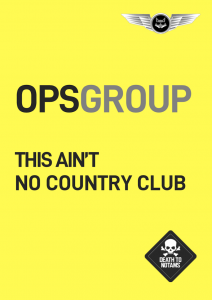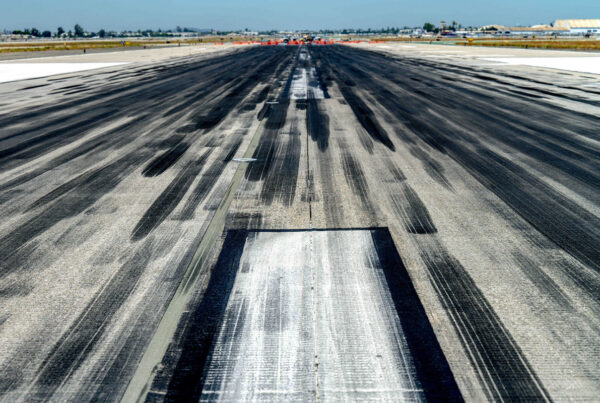There have been some welcome headlines in the news lately.
In the US at least, people seem to be taking to the skies again. One US major almost tripled its scheduled flights in June when compared to the lowest points of the Covid pandemic.
When it comes to airplanes in storage and furloughed pilots, as we’ve mentioned before, the industry has inertia. For a bunch of reasons, that big ol’ wheel can’t just start turning the minute we can get bums on seats. And the cracks are already beginning to show (no pun intended).
That same US major also had to cancel nearly one thousand flights recently due to staff shortages. Part of the problem was that a number of its pilots were still dusting off their stripes in post-furlough training.
The point is that renewed desire for travel is likely to (hopefully) one day soon outpace how quickly employers can get their pilots back in the sky. Is it possible that in this eagerness to get us flying again employers may overlook the mental health and wellbeing of their pilots?
Or in other words, even if they are ready for us to return to the flight deck, are we?
Aviation workers were among the hardest hit during the pandemic. And it wasn’t just pilots – cabin crew, air traffic controllers, engineers and other aviation professionals were left facing redundancy, loss of livelihood and financial stress. This was then combined with all of the other sufferings that Covid created in our lives.
It’s no surprise then, that one study found they suffered substantially more during the pandemic than the general population did. Is it then naive to think then that we’re all mentally match-fit to get back in the game?
When you combine that with an immediate need to be employed again along with reluctance to speak out about mental health for fear of loss of medical is it time that employers take a moment to make sure their staff are fit to fly in other ways?
And it’s not just about pilots who lost their jobs either – those who kept theirs faced pay cuts, downgrades and constant anxiety about job security. Then there is the constant testing, fear of catching Covid, and time away from family in isolation. In fact it’s a fairly safe bet that almost all pilots have had a lot on their minds over the past eighteen months.
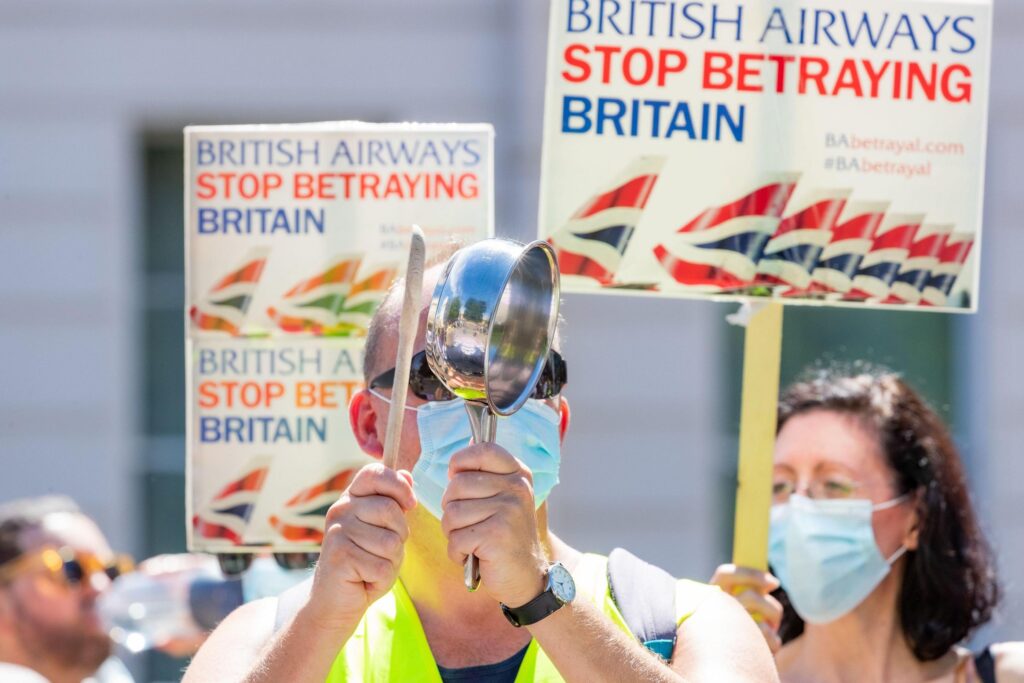
In Aug 2020, BA pilots voted to accept a deal that included job losses and pay cuts to avoid a larger number of redundancies.
It’s a stressful business.
And it’s no secret. In fact, another study recently found that airline pilots have the third most stressful job in the US. And that was before Covid…
When it comes to what causes stress, there’s actually a widely accepted measure. Just google Holmes-Rahe – according to it, here are some of the biggest things that stress us out the most (and we’re talking life-changing here): loss of employment, change in financial state and default on debt all feature in the top twenty, and that’s ignoring the more personal problems that those issues have a tendency to create. Covid pandemic anyone?
The point is that by the time we get back to the skies, we’ve already been through a number of factors that cause chronic and prolonged stress. Unlike short term stress, it’s just not that easy to shake off. Even the toughest and most resilient among us will in some way carry that with them into the flight deck.
Here’s the bottom line: All of the hazards that were there before Covid will still be there. But our resilience to deal with them will be reduced. And that means risk.
The problem of stress in the cockpit.
Although a little stress can be beneficial by making us more alert and task-orientated, the human body isn’t designed to cope with chronic stress. For pilots it is well known to negatively affect our cockpit performance and increase our proneness to poor decision making, bad judgement, loss of situational awareness and confusion – all of which can be dangerous up there.
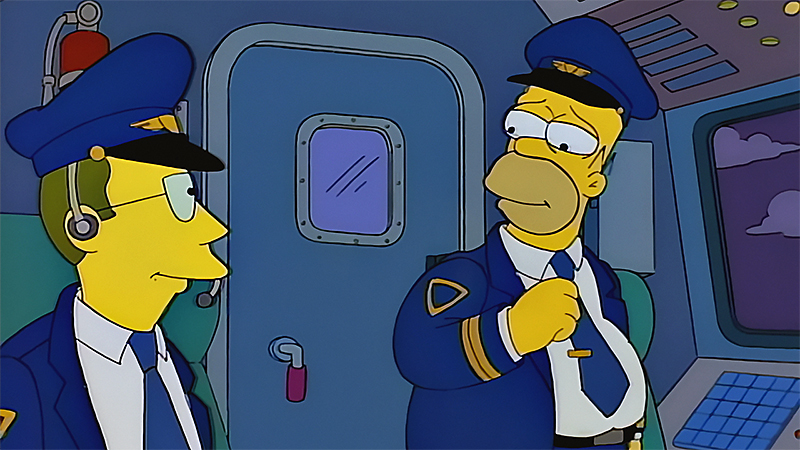
At its most basic level it can make us us feel irritable, fatigued and disengaged which can lead to a break down in monitoring or communication with other crew members.
Although the effects of stress may not be obvious when things are ops normal, they can greatly reduce our capacity to deal with whatever might be thrown at us when something goes wrong. This accident serves as a good example.
If not dealt with, chronic stress can also lead to more serious mental health problems such as anxiety and depression.
So, what needs to be done?
Because of the ongoing pandemic, pilot mental health and wellbeing is arguably more of an issue now than ever before. We need to prioritise wellbeing as part of our recovery plan and it really is a shared responsibility.
Employers need to do provide more support to their staff. Mental health awareness training, access to counselling and peer support programs should become common place. The positive impact of other lifestyle changes on the job such as flexible rostering, better crew pairing options and more time off shouldn’t be overlooked either.
And most importantly the inconvenience and cost of these things should not be prioritised over safety.
From an industry perspective we need to continue to de-stigmatise mental health problems and encourage openness so that pilots with wellbeing issues have the confidence to step forward and acknowledge their problems without fear of loss of job or medical. Regulations need to be improved to allow this.
Pilots themselves have a role to play too, particularly not to underestimate how much underlying stress can affect your performance at the controls and how you interact with your other crew. It’s important to self-diagnose and recognise the signs. There are a bunch of steps you can take both physically and mentally that can help you overcome it.
Getting back to a ‘new’ normal.
As people take to the skies again and borders begin to reopen it’s important to remember that pilot mental health can have a big effect on safety. And considering what we’ve all been through it’s worth taking a moment to make sure the industry is doing enough to address it.
In that way we have a chance to use Covid as a catalyst for positive change even when the pandemic is one day far behind us.
More places to look.
ICAO Mental Health Working Group . They’ve been active throughout the pandemic and are doing a lot of work on the psychological effects that Covid is having on pilots.
Cleared for Takeoff. A handy and easy to read guide on how you can prepare mentally and physically for return to flying.
Article photo courtesy @vlkvojtech
More on the topic:
- More: Pilot Mental Health: What can we do right now?
- More: The US rules for carrying Covid in the air
- More: Currency and Startle Factor – How to Beat It
- More: Dry Ice: The Silent Danger of Hauling Vaccines
- More: In the Know-se: Current Covid Crew Requirements
More reading:
- Latest: World Cup 2026 Ops Guide – USA, Mexico and Canada
- Latest: FAA Warns on Runway Length Data and Overrun Risk
- Latest: EASA’s New Cyber and Data Risk Rule for Operators in Europe
- Safe Airspace: Risk Database
- Weekly Ops Bulletin: Subscribe
- Membership plans: Why join OPSGROUP?



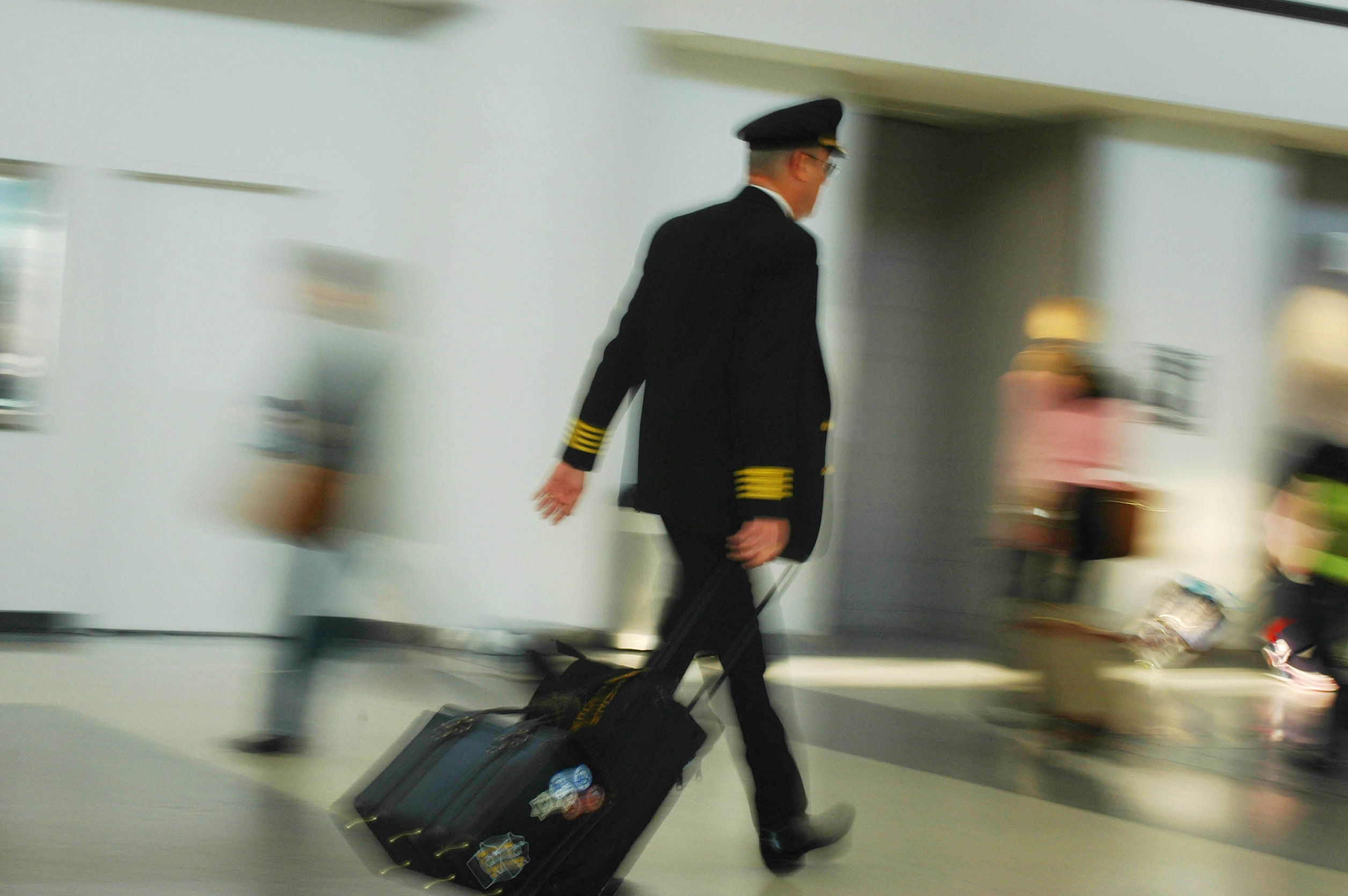


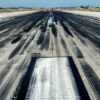



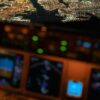
 Get the famous weekly
Get the famous weekly 